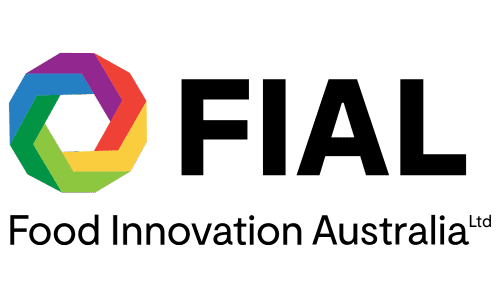Wayfinder | Celebrating Australian Food and Agribusiness Innovations 2021

The combination of digital transformation, internationalisation, supply chain complexity, increasing freight volumes and an ageing workforce is driving a global talent shortage in supply chain and logistics.
COVID-19 highlighted the importance of the sector as an essential service, amplifying the need to address deficits and correct a low rate of participation by women.
Business research shows that increasing diversity in the supply chain workforce results in better performance, greater productivity and profitability, and competitive advantage.
Women represent a crucial resource in food and agribusiness, particularly agriculture and the rural economy. Agriculture in Australia continues to be largely middle-aged, white and male — women are under-represented in key decision-making and policy development roles.
Wayfinder was established by Deakin University’s Centre for Supply Chain and Logistics in partnership with leading supply chain organisations, to break down the barriers and create a new talent and capability pipeline for women.
Research included in-depth qualitative interviews to understand why the rate of entry is low and why sector members tend to leave. Responses were uniform — participants loved their jobs and believed they made a difference. That same universality applied to negative aspects — a ‘boys club’ mentality, lack of flexibility and difficult hours.
The responses helped develop a series of recommendations across three areas: retention, acquisition and success factors for women. The results were tabled in a report and findings have now been translated into practical tools, ‘how to guides’ that can assist organisations to implement workplace change.
The results fostered a Supply Chain Digital Career Map, funded by the same member companies and FIAL. The digital tool showcases 150 supply chain roles across 18 sectors and links jobs to education qualifications, key responsibilities and skills, indicative salary, career pathways and study options.
FIAL’s support funded both the research and development of the Digital Career Map. The initiative’s goal is to increase diversity in the sector and establish a formalised pathway for members, rather than have women ‘just fall into the job’ as has historically been the case. It aims to actively encourage diversity across different ages, backgrounds and genders.

